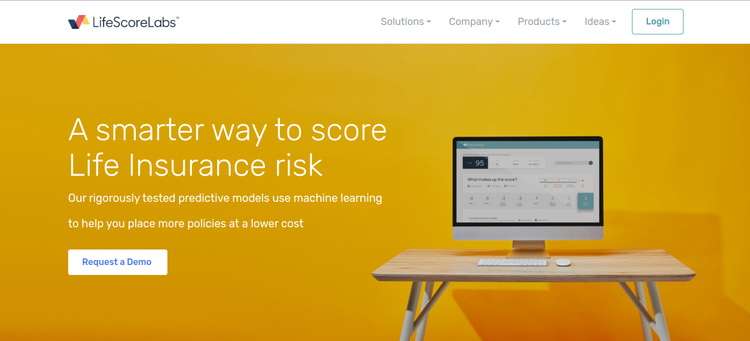Is the revolution over?
I've written a few times this summer about my growing sense of Web 2.0 ennui -- this feeling I have that as B2B publishing bounces back from the recession, things just aren't as interesting as they were a year or so ago.
And I'm beginning to get a sense of why:
The revolution is ending.
For a decade or so now the world of journalism has been one of ceaseless change and challenge. Consider, if you will, just some of the major technologies and practices we've adopted: external links, blogging platforms, mobile delivery, slideshows, podcasting, database reporting, RSS, email newsletters, Webcasts, Twitter, Facebook, search-engine optimization, etc.
Think, too, of the cultural changes we've made in our working lives as journalists: comments on articles, Creative Commons licenses, open-source software systems, user-generated content, revenue-sharing compensation plans, aggregated content, standalone journalists, etc.
It's been a madcap series of never-ending developments. It's been glorious and exciting.
But I think it may be over.
Be honest. What was the last new development in journalism/publishing that you were truly excited about?
Twitter? Sure. It's wonderful. But it's hardly new. It launched in 2006! And it caught fire in 2007.
The iPhone? Yea. I love mine too. But it's already more than two years old.
I got an email the other day from an editorial director for a mid-sized B2B company. He told me that he'd recently discovered that his team was beginning to forget some of the basic skills of online journalism they'd been taught in the past few years.
But that wasn't such awful news, he suggested.
He'd found that the pace of new developments had slowed to such a degree that he had more time to focus on reviewing the basics.
Old Revolutionaries
In the past few weeks, two of the companies that helped revolutionize our world launched media products that simply bored me to tears.
Google debuted its Fast Flip -- a scrollable version of magazines that looks no different than the half-dozen or so products in the digital-magazine world.
Microsoft took a stab at saving the newspaper industry with a new aggregation tool. But the only interesting thing about it was the confusion over whether Microsoft lifted the idea from TweetDeck or from Sobees.
And if there is one thing that is certain about these "new" products, it is this: we won't have to spend any time teaching folks in the newsroom how to use them. They just aren't significant.
If the revolution is over, we shouldn't be surprised.
There's probably no such thing as ongoing change. Things advance at an extraordinary pace ... and then they reach a sort of stasis. We go from massive change to incremental change. We go from revolution to improvement.
This may be the very nature of human technological advancement.
We lived with propeller planes for decades. Then we developed jet engines and the world was suddenly new.
Then it wasn't.
The jets grew bigger and faster. But they were still jets.
Consider this: I am 50-years old, a child of what was once called "the Jet Age." But there's clearly nothing revolutionary left in airplane travel. The Jet Age just drags on and on and on ... seemingly stripped of its ability to inspire.
If I'm right and the media revolution has ended, I'll say now that I was thrilled to be a part of it.
And in the post-revolutionary period -- we could call it "the Web Age," if you like -- I'll continue doing what I do, practicing this profession to the best of my ability.
But I will look sadly at the newcomers to our industry -- just as I look sadly at the thousands of impatient folks I see each week at the airport -- and I will think the same thing:
Can't you see how cool this is?




